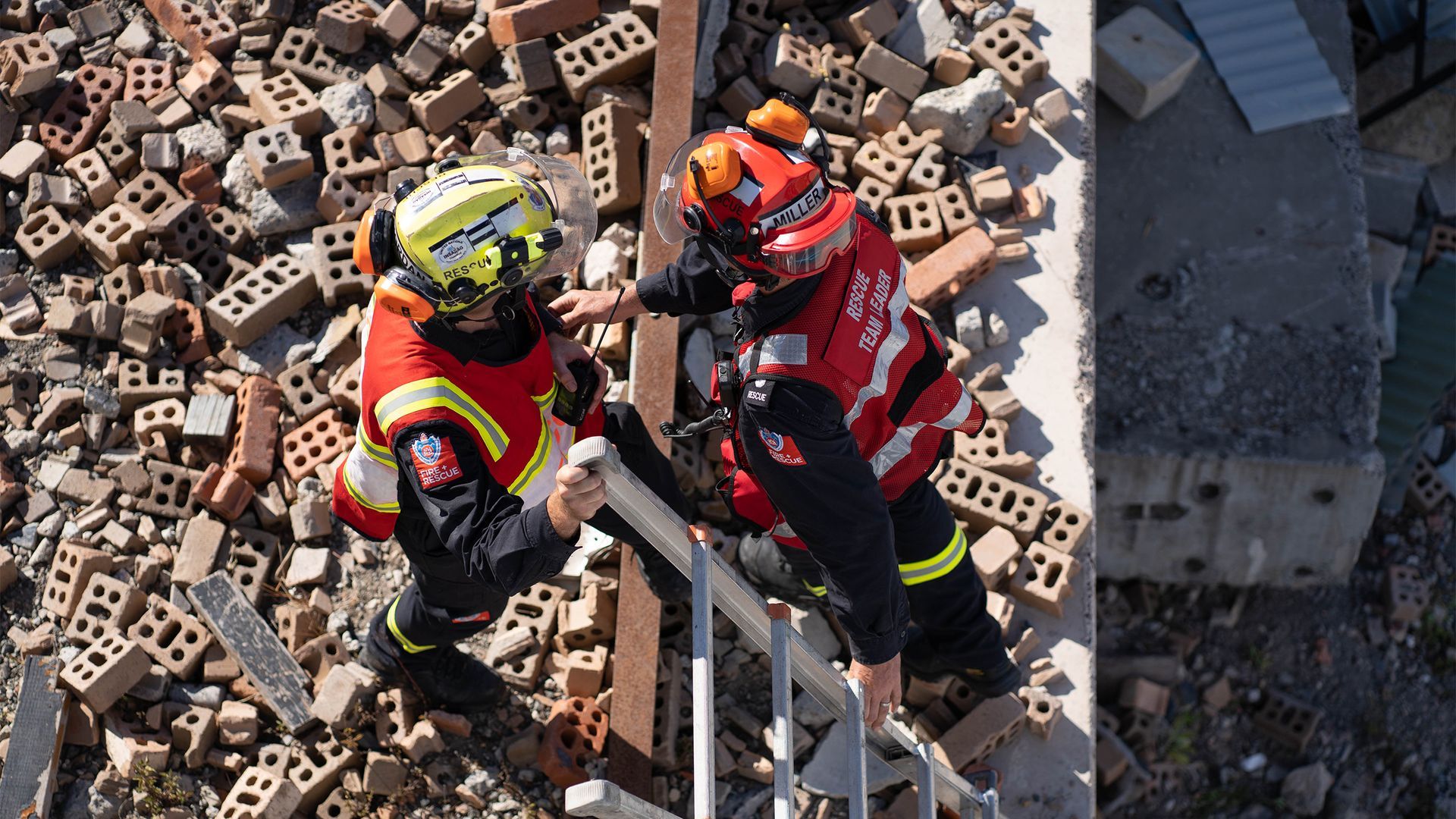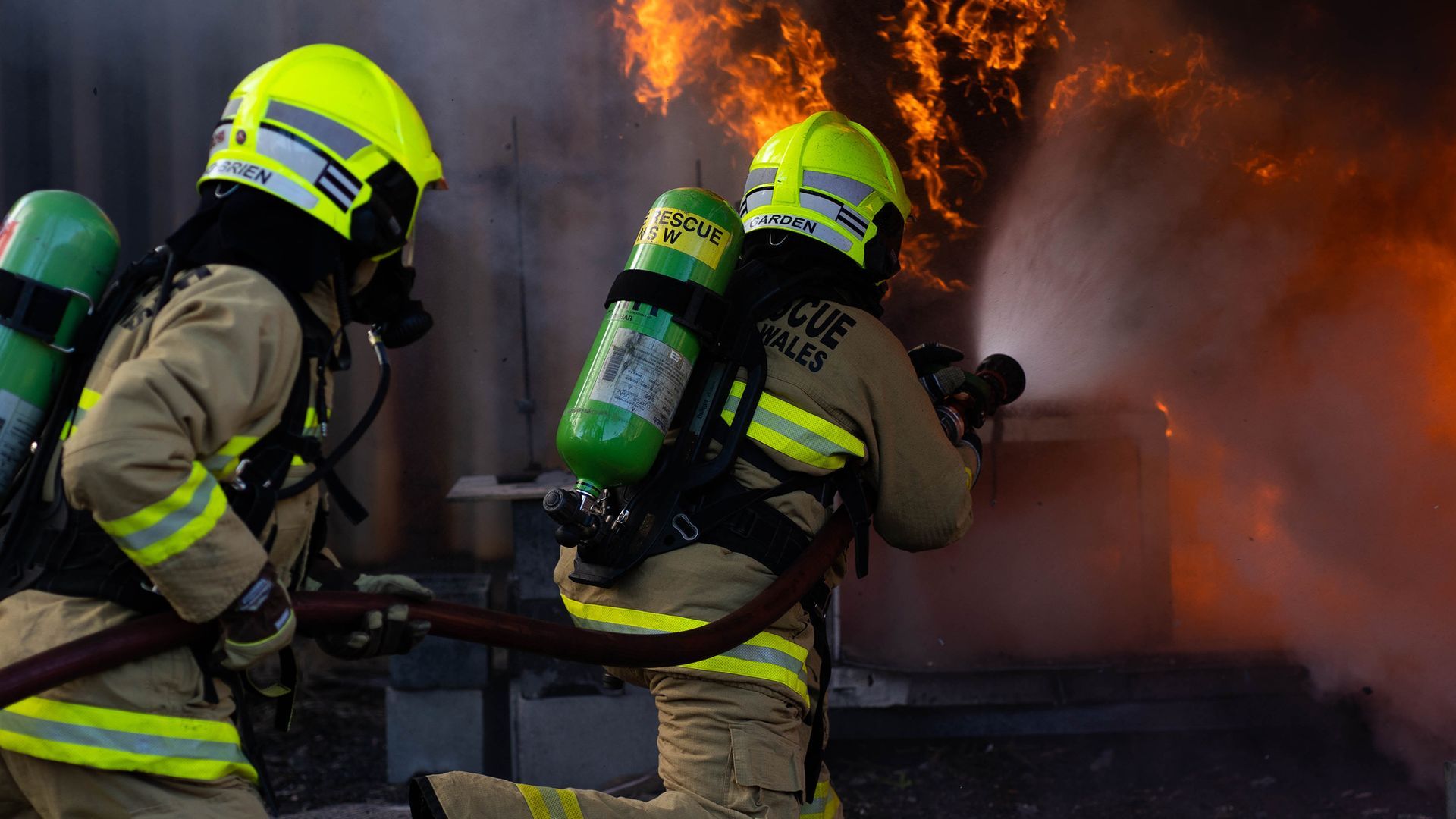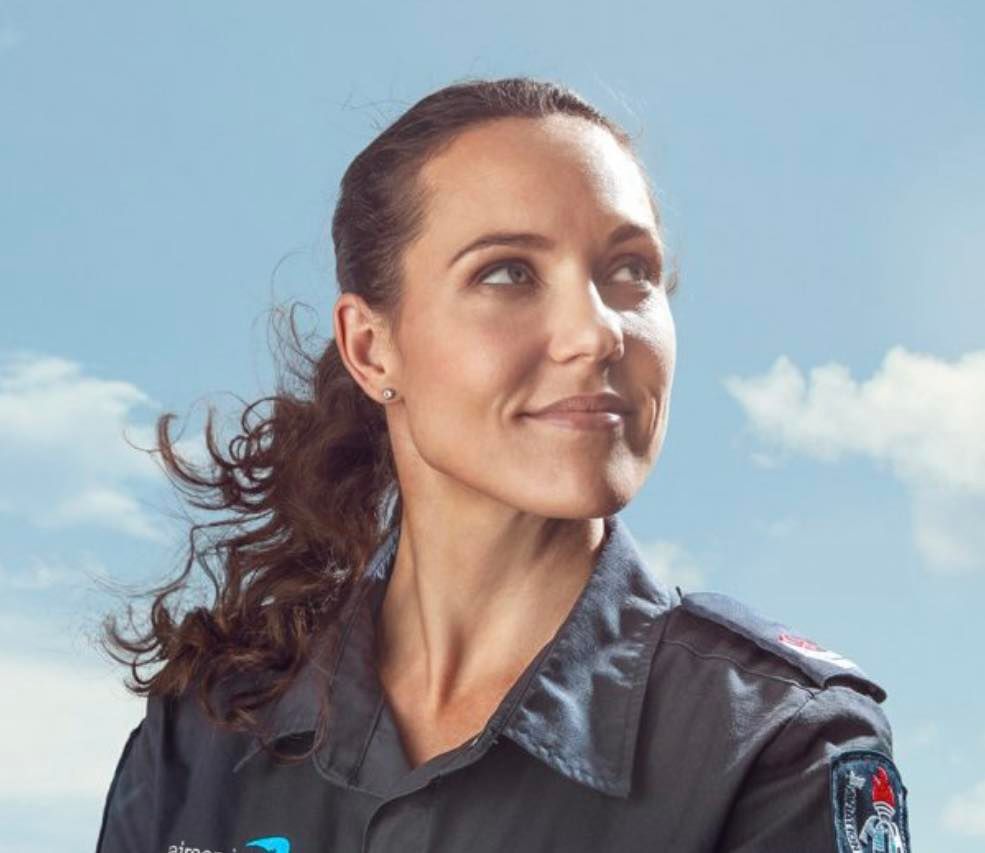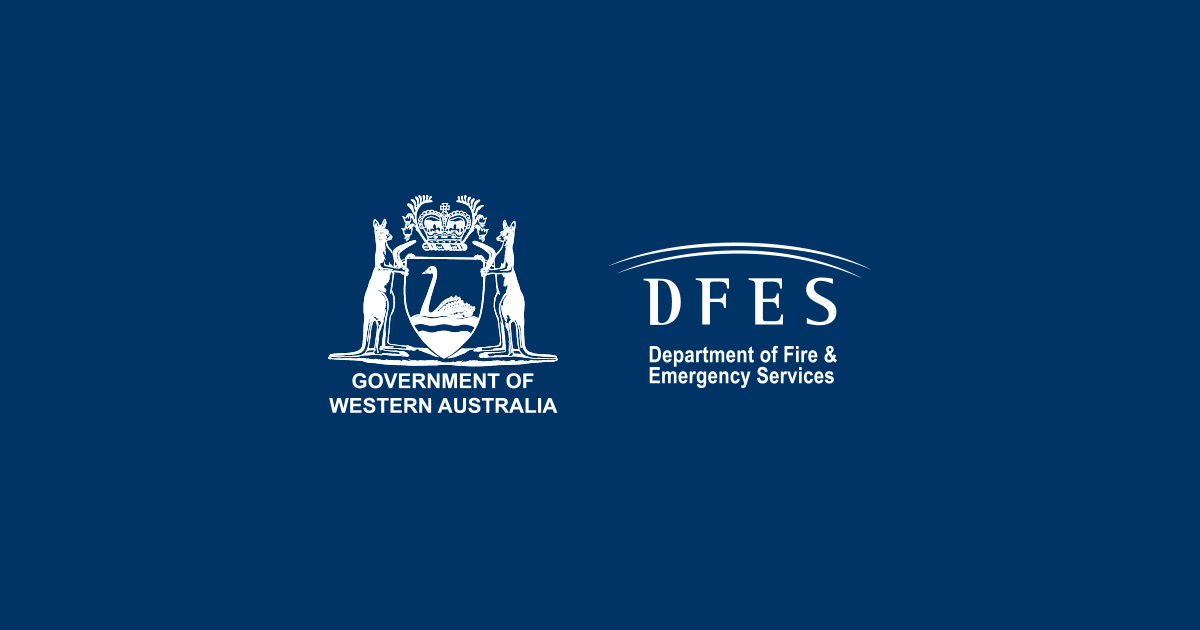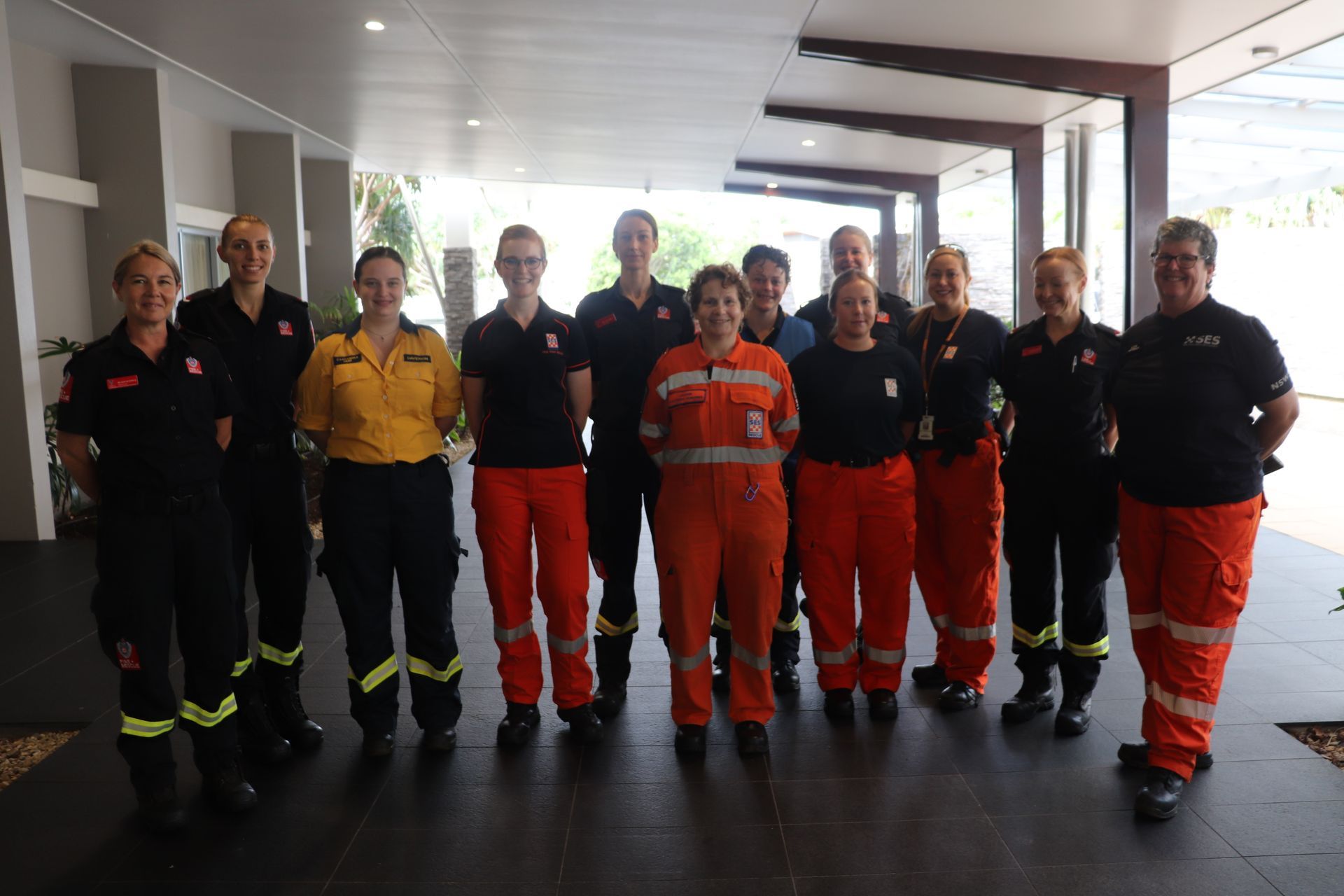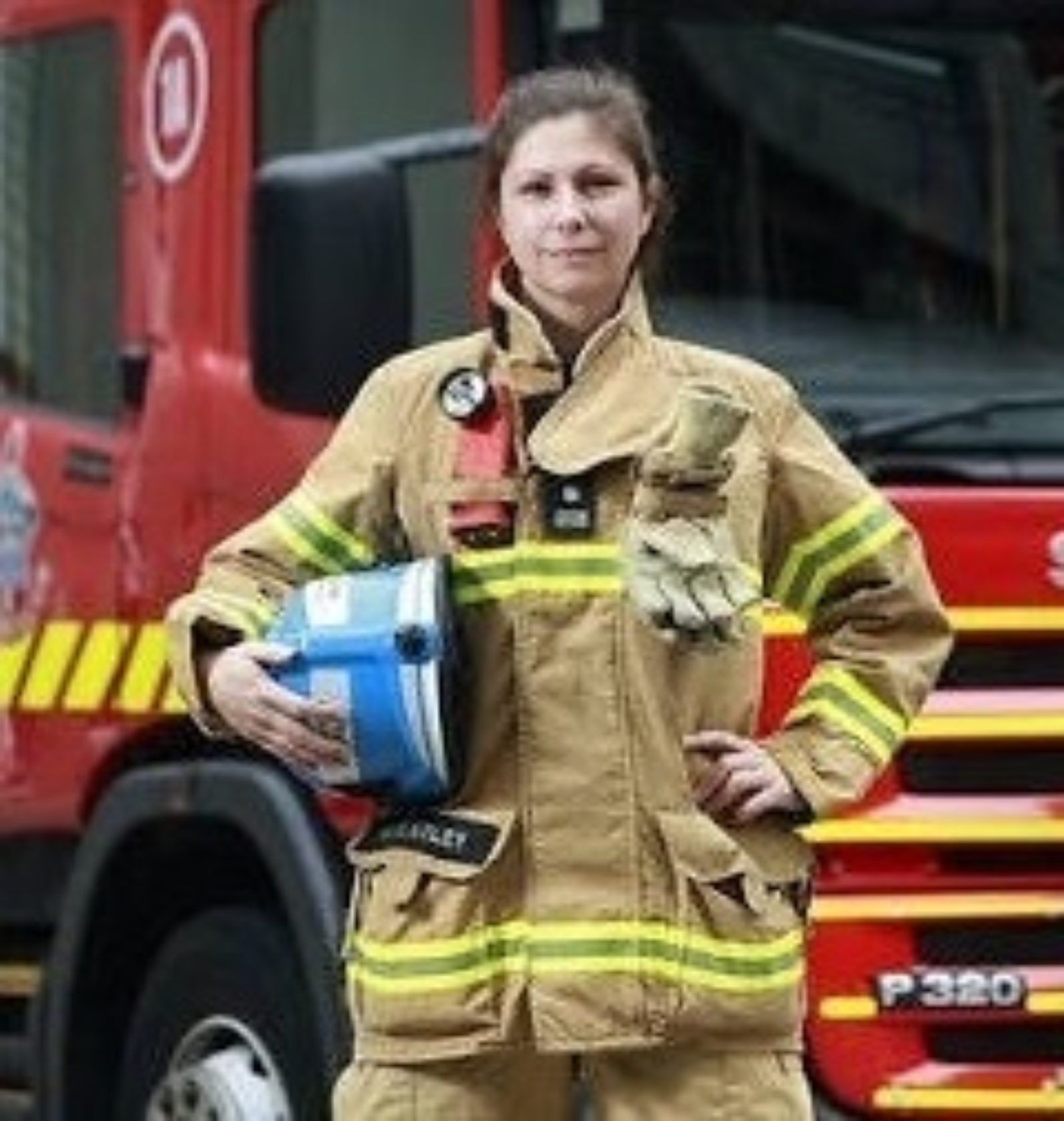Delivering a confident and effective message

Pre-recorded video interview questions help recruitment teams screen a large number of candidates in a short amount of time, allowing them to invite those who are successful to progress to the next stage, usually a face-to-face interview. It’s important to understand that these questions assist with the initial screening of candidates — the purpose is not to replace the face-to-face component.
Preparing for a recorded video interview question can be intimidating, but there are a number of steps you can take to prepare that will give you additional confidence and increase your likelihood of moving on to the next stage of the recruitment process.
- Test your technology and make sure you have a reliable internet connection, a functioning microphone and camera, and any software required. Test everything well in advance of recording to avoid any last-minute nightmares.
- Dress as you would for a face-to-face interview. Keep in mind the role you are applying for. Avoid loud colours and patterns, or jewellery that may be distracting on camera.
- Choose your environment carefully. Make sure it is a well-lit, quiet space, and that you won’t be interrupted by children or animals. Make sure the background is clutter-free and clean.
- Practice, practice, practice! Review the position description, focus capabilities, and organisational website. Make note of the skills needed for the job, the services provided by the organisation, and their values and mission. Prepare responses to common interview questions and practice those responses out loud. Record yourself to review your response, and/or ask a trusted friend for feedback.
- Pay attention to your body language and tone of voice. Make eye contact, smile, and be engaged and attentive.
- Make sure you understand the question clearly before you record your response. Take the time to read the question. Set the tone for your response in the first sentence by restating the question and summarising your perspective on it, or why you can see that it is important. From there, you can elaborate further based on your reading, and your own previous work experience.
- Pause and slow down while speaking – ensure you are communicating clearly and concisely. Remember, the panel understand that you are human – so don’t be concerned if you stumble. The goal is to share your understanding of the role, your suitability for that role, and to showcase who you are as a person. The panel do not want to listen to a memorised list of your accomplishments!
Follow these tips for your next pre-recorded video interview, and you can be sure to successfully deliver a confident and effective message.
Author: Melinda McDonald JP, B.Bus, ICA (Fire and Rescue NSW)
